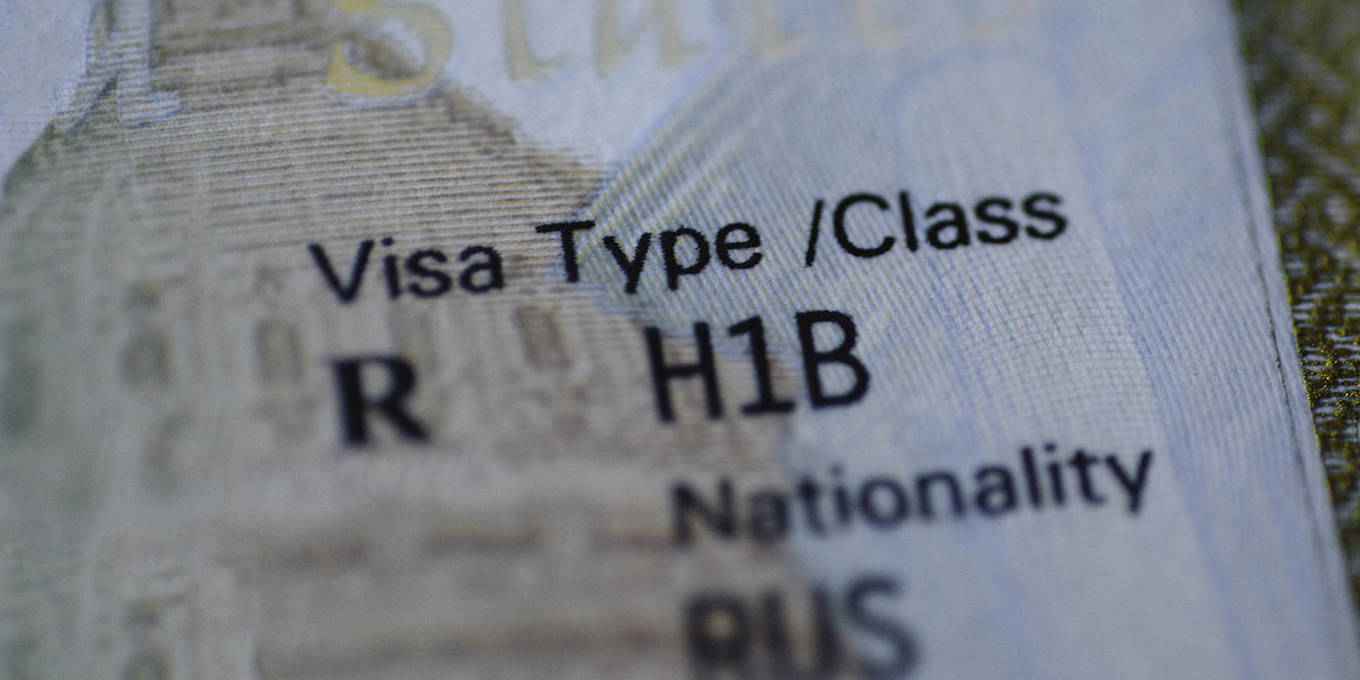Are High-Skill Immigrants a Problem?

The H-1B Visa Saga: Education, Technology, and the Globalization of Knowledge
The Silicon Valley/MAGA Clash
The Trump era has witnessed a deep divide within his "Make America Great Again" coalition. Tech billionaires and nativists collided over the H-1B visa program, which allows US companies to temporarily hire skilled foreign workers.
Tech giants argue that skilled immigrants fill a critical talent gap in Silicon Valley, while MAGA activists see the program as a threat to American workers.
The Education-Business Disconnect
While immigrants undeniably bring valuable skills and knowledge, economists caution against overreliance on H-1B visas.
This overreliance has potentially weakened the pressure on the US education system to provide graduates with necessary STEM skills. The business elite may have become indifferent to the failures of the education system, relying instead on foreign talent.
Technology and Labor Choices
The H-1B program may also influence the direction of technological development. With an abundant supply of skilled workers, companies tend to favor technologies that automate tasks previously performed by lower-skill workers.
Policymakers should consider adjustments to ensure that new technologies create opportunities for workers of all skill levels.
Brain Drain and Knowledge Flows
H-1B programs may present potential benefits, such as knowledge exchange between source and destination countries.
However, to avoid brain drain, a critical mass of skilled workers must remain in the source country. Additionally, protections for intellectual property rights are crucial to maintain incentives for innovation.
Conclusion
The H-1B debate raises complex questions about education, technology, and the role of immigration in a globalized knowledge economy.
The search for win-win scenarios that benefit both advanced economies and developing countries remains an ongoing challenge.